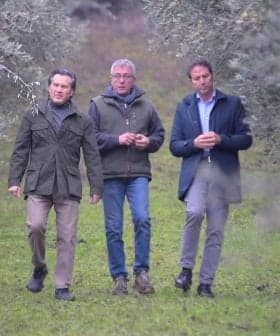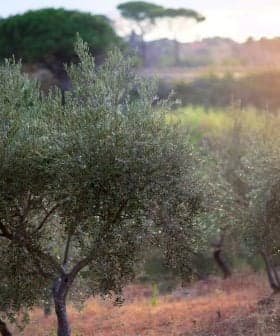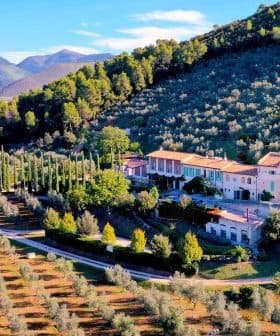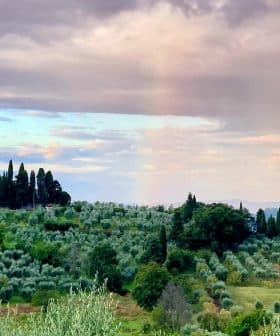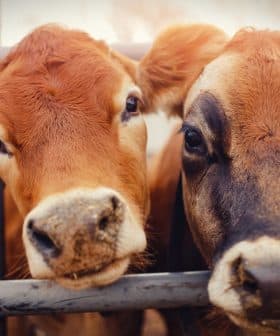Bans on Night Harvesting Have Alleviated Threat to Migratory Birds
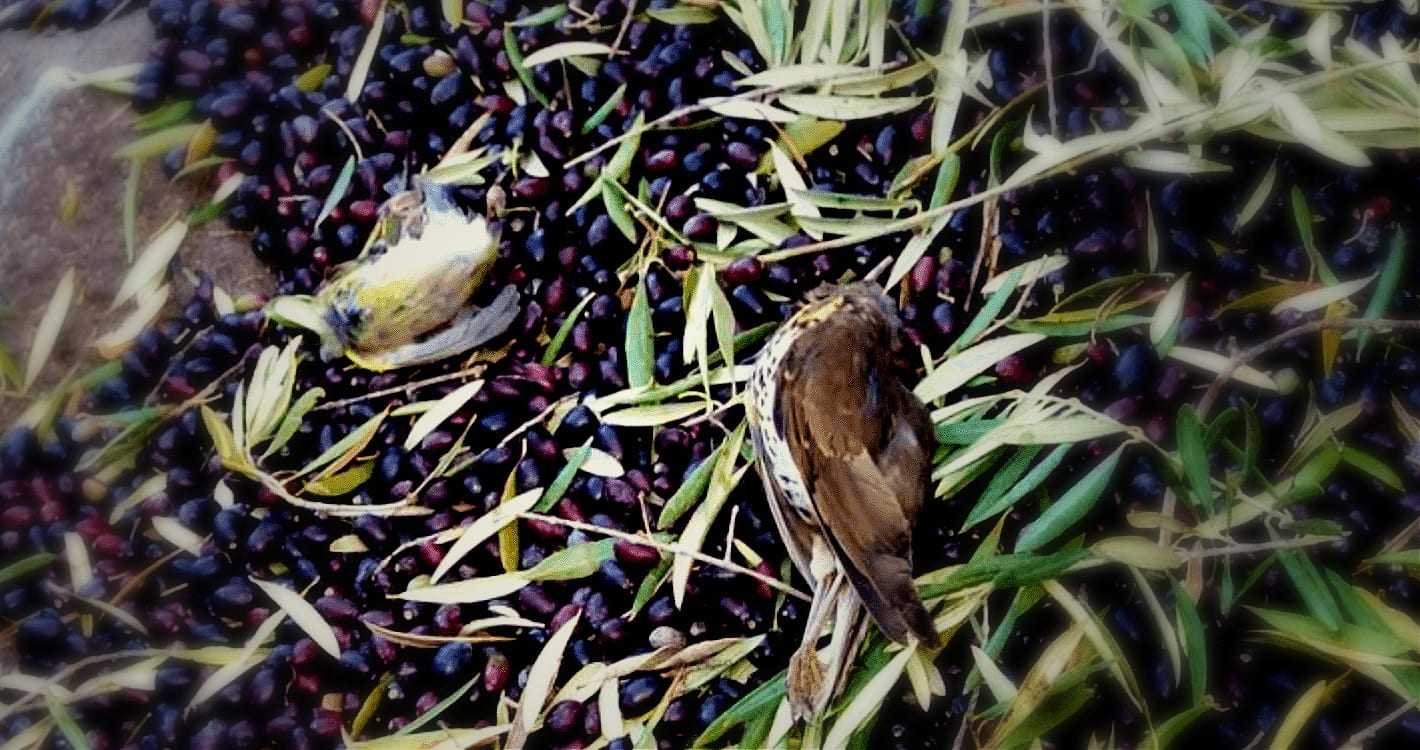
Iván Ramírez of BirdLife Europe and Central Asia concluded that the 2020 olive harvest no longer threatens migratory birds after discussions on the topic. Prohibitions on mechanized nighttime harvesting in high-density olive groves in Spain and Portugal were cited as reasons for this conclusion, following a ban issued by Andalusian regional authorities in 2019 due to the high mortality of protected bird species caused by the harvest.
The 2020 olive harvest no longer poses a threat to migratory birds, according to the head of conservation for BirdLife Europe and Central Asia.
Iván Ramírez told Olive Oil Times that he arrived at this conclusion after internal discussions at the organization on the threats faced by migratory birds heading south.
Governments could well change their minds in the future, but our work alongside the Spanish, Portuguese and European authorities makes us believe they won’t reissue night harvesting at super intensive olive groves.
Ramírez cited prohibitions on mechanized nighttime harvesting in the high-density groves of both Spain and Portugal as two of the reasons why he arrived at the conclusion.
A temporary ban on nighttime harvesting was originally issued by the Andalusian regional authorities after a 2019 study found that millions of birds were killed each year in high-density olive groves during the harvest.
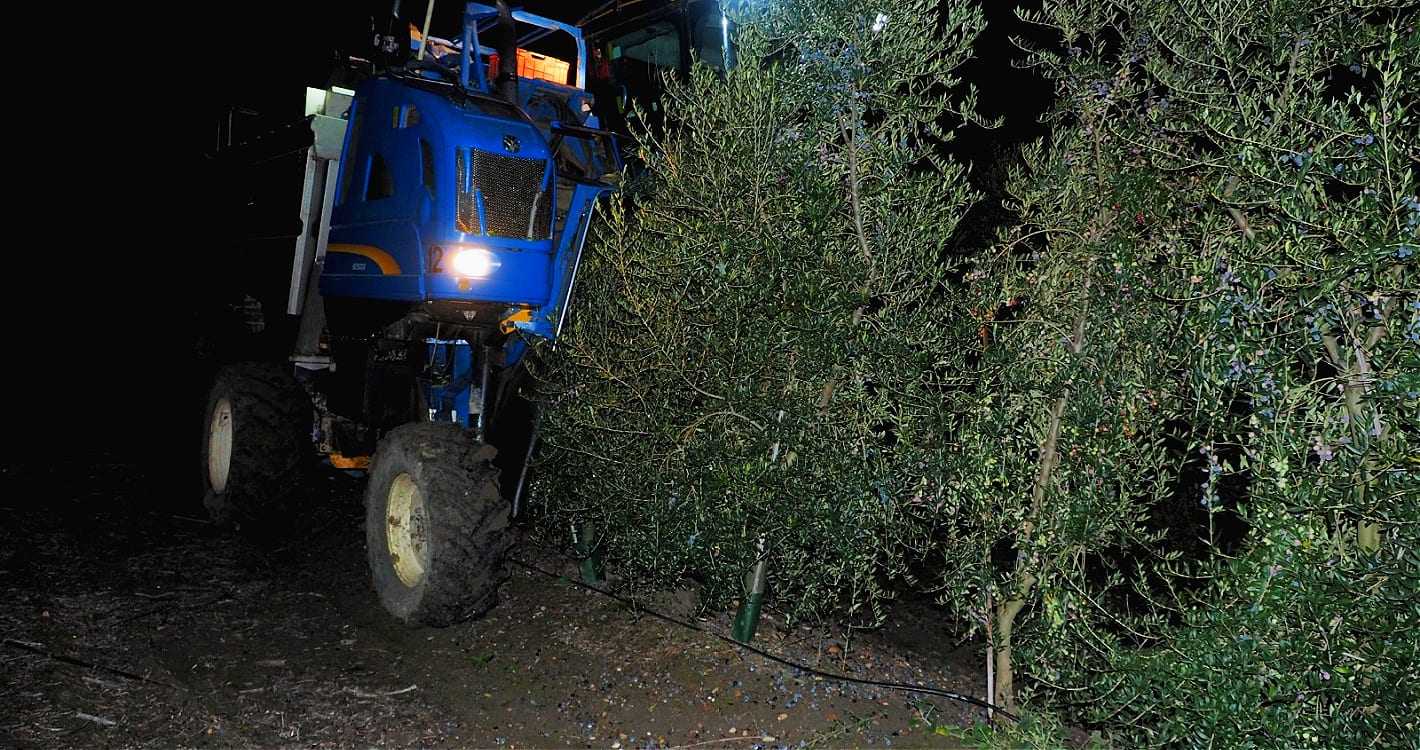
BirdLife
Several species of songbirds that migrate from northern Europe to Africa stop and rest in olive groves at night. During the harvest season, large machines equipped with bright lights, are deployed by producers to collect the olives.
The sudden flash of bright lights combined with the noise of the machines disorient the birds and prevent them from escaping. As a result, the birds are sucked into the harvesting machines along with the olives and killed.
Shortly after Andalusia banned the practice, similar measures were taken up in Portugal as well as the rest of Spain.
“Both Portuguese and Spanish governments have now finished their assessments and confirmed mortality of wild birds protected under the European Union’s birds directive,” Ramírez said. “SEO/BirdLife and SPEA (the Portuguese society for the study of birds) have been part of, or contacted, for those studies and we can confirm the ban will remain in place.”
“Governments could well change their minds in the future, but our work alongside the Spanish, Portuguese and European authorities makes us believe they won’t reissue night harvesting at super intensive olive groves,” he added. “We will of course remain vigilant.”



